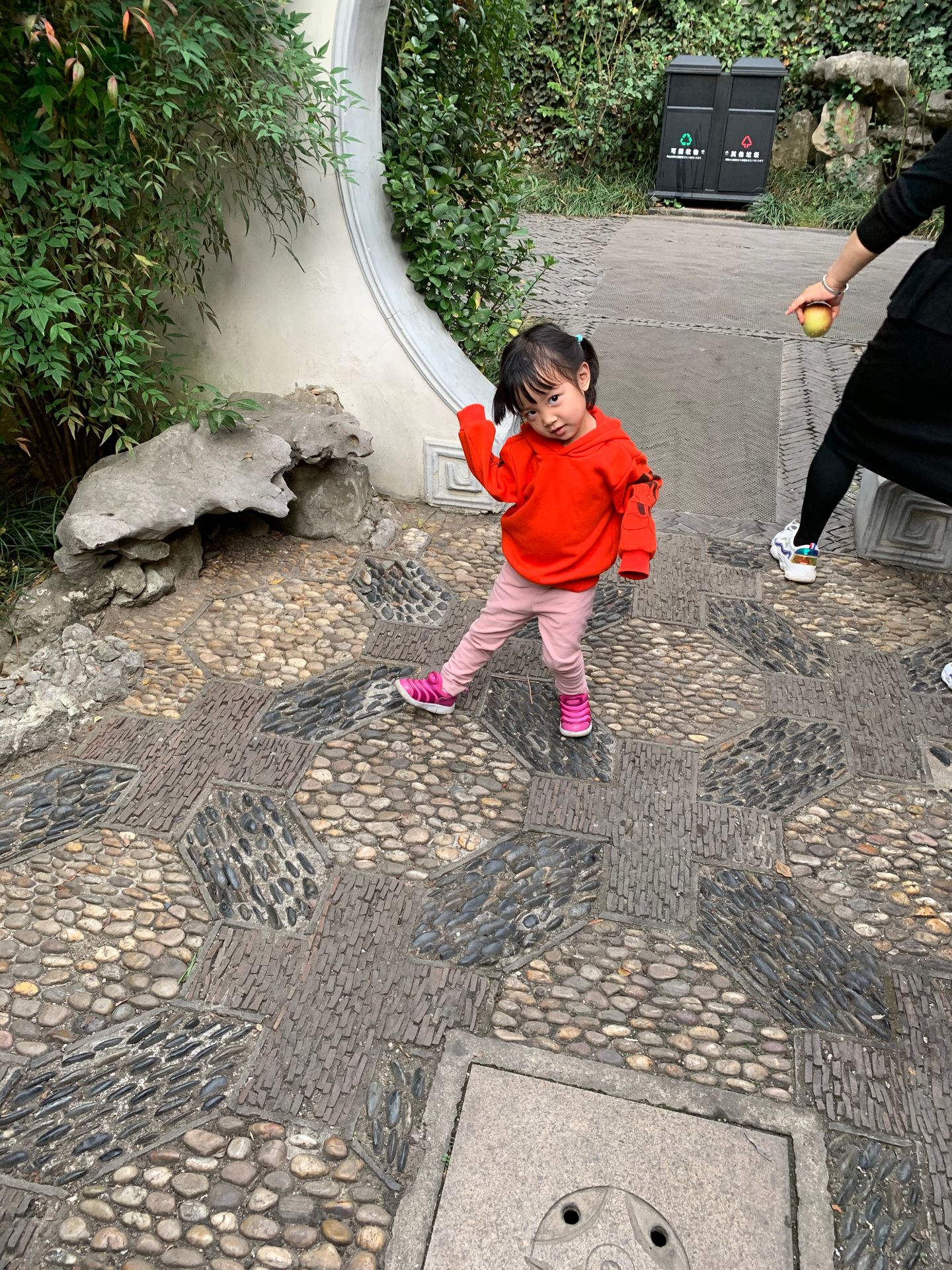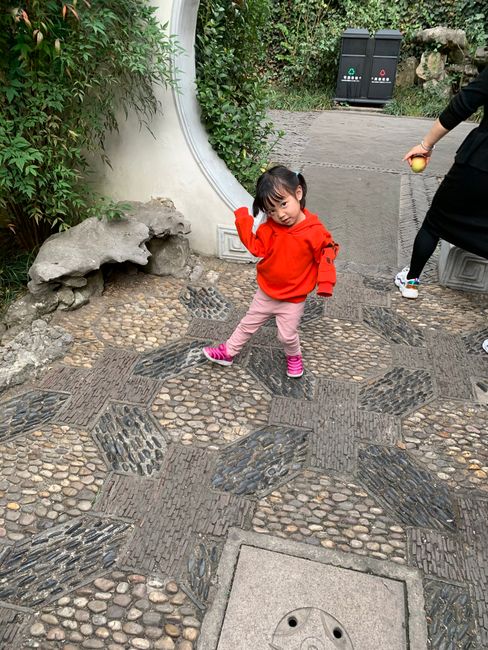Door 21: The Lives of the Little Ones
ຈັດພີມມາ: 21.12.2019
ຈອງຈົດຫມາຍຂ່າວ
No matter how good you are at something, there is always an 11-year-old child in China who is better at it. - This image quickly comes to mind when you watch a few "people are amazing" videos on YouTube. It is well known that children in China work and study a lot. However, we have learned from our friends and colleagues about what the everyday life of Chinese children can explicitly look like. Besides travel destinations, family is the number one topic of conversation in China, especially during small talk.
Dandan is a designer and is 8 months pregnant. She will start her statutory maternity leave at the beginning of January, which lasts 4 months. She doesn't know the gender of the child yet, as doctors are prohibited from revealing it in order to prevent abortions. Although the one-child policy is no longer legally mandated, many Chinese still prefer to have only one child. Colleagues with 2 children are the exception, and I have never heard of a colleague with 3 children. When I tell them about my sister with 3 children, most people are completely astonished and wonder how that is possible! Because these children receive full care and are constantly monitored and accompanied from the beginning. The generation of the little emperors, China's Generation Y, shows what can result from this.
Since kindergartens and daycares are very expensive and parents are often both employed, preschool-aged children are mostly raised by their grandparents during the day, traditionally the father's parents. If you are lucky, they are nearby and you only have to drop off the children with them before work. However, Lily's parents live in a distant province. She only sees her 2-year-old daughter twice a year during the holidays when she visits home. It is extremely difficult for her.
Henry's daughter is 3 years old and has been receiving English lessons since she could speak. While hiking, she sang the "Apple, Apple i love you" song up and down. Like many children her age, she is a constant subject of her parents' photos. She already knows how to pose spontaneously. Our colleagues regularly post professional photo shoots on WeChat.

School days are from Monday to Friday. If you want to attend a different school, you have to live within its catchment area. Some of our colleagues have moved within the city to send their children to a better school. Lily's 11-year-old son comes home at 6 p.m., just like she does. However, after dinner, there are still heaps of homework to be done. Many parents themselves believe that the schoolwork takes up too much time, but they cannot change it.
Weekends are filled with hobbies and training. Saturdays and Sundays are packed with art or music lessons, language schools, and sports. The parents are always present and watch, sometimes even from the neighboring room or the rider's lounge, as in ballet in the shopping center. The skills they learn are mostly showcased in talent shows in shopping malls or rewarded through exams with prizes. When I mention that I used to play for hours on end without supervision with my friends every day, a colleague replies: For this reason, we have kept Saturday afternoons free for our daughter. We always take her to the playground.

The pressure on children to perform is very high because the competition in their future careers is also fierce. There are high demands in school, and parents want to see their children occupied on weekends. Some parents would like to give their children more leisure time to play, but they are afraid to do so. Because everyone else is doing it this way, and you have to go along with it.
ຈອງຈົດຫມາຍຂ່າວ
ຄໍາຕອບ



